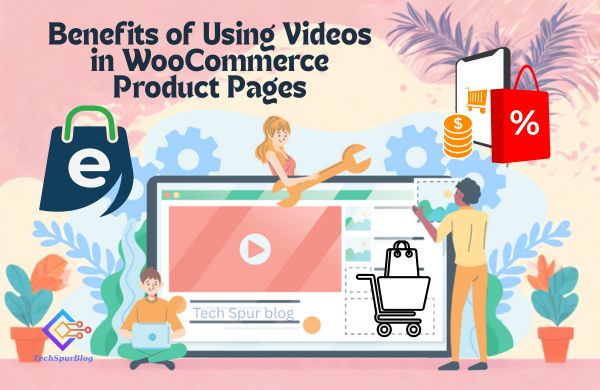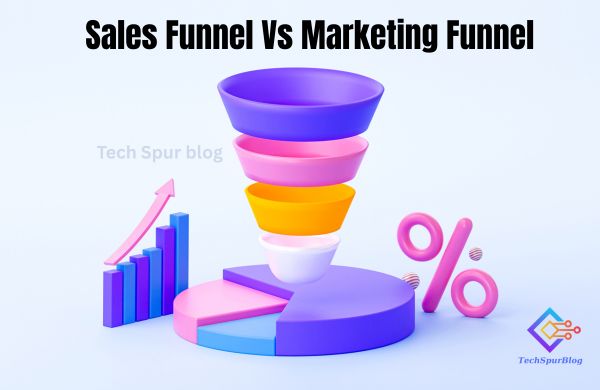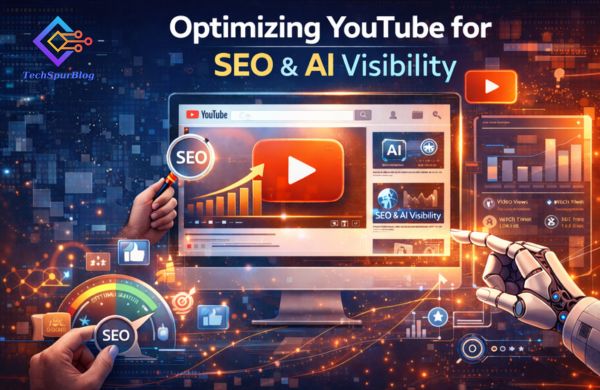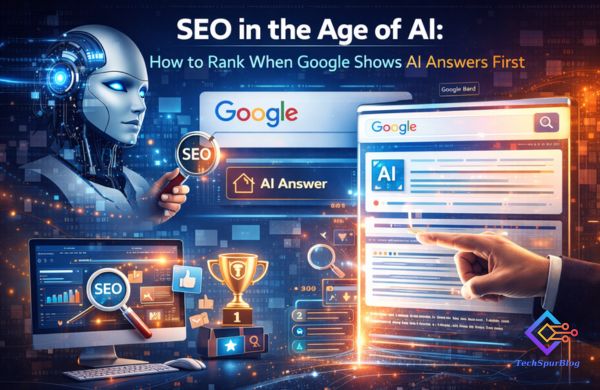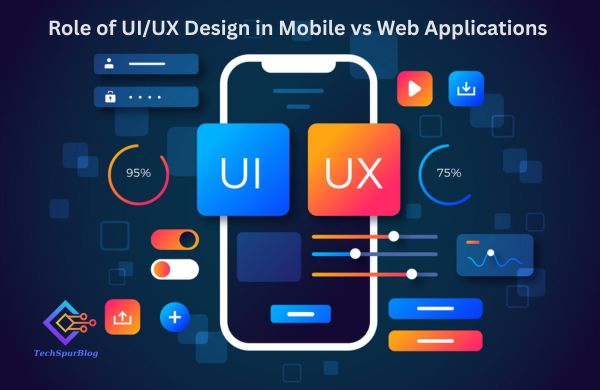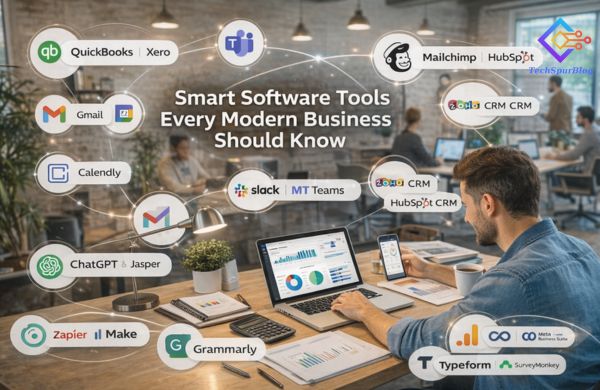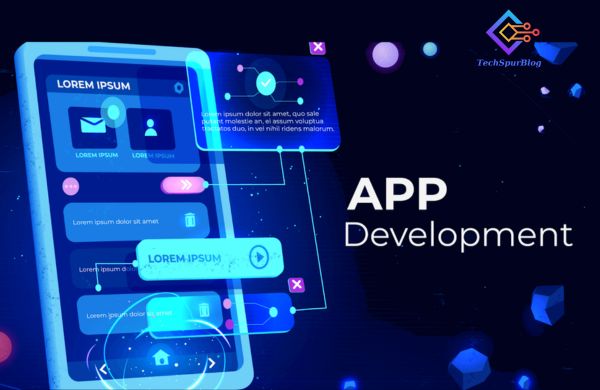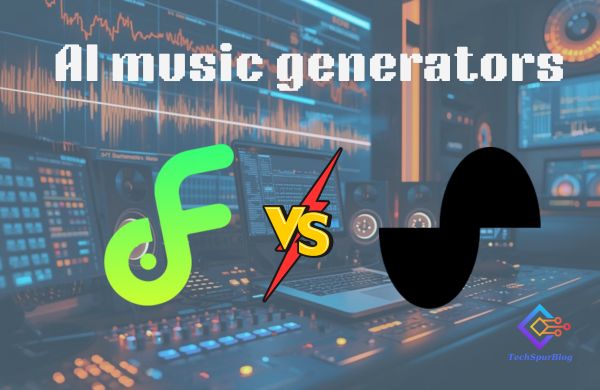There are two robust marketing automation tools provided by Salesforce, Pardot (since renamed to Marketing Cloud Account Engagement) and Salesforce Marketing Cloud. Though the two solutions belong to the Salesforce ecosystem, they serve extremely diverse audiences and approaches. The dilemma facing most organizations is what one of them fits best in their marketing objectives.
The differences, strengths and decision factors are simplified in this guide and hence any business regardless of its size will find the right solution.
Understanding the Core Difference
The difference between Pardot and Marketing Cloud starts with the focus of the audience:
- Pardot: Built on B2B marketing -businesses that sell to businesses. B2B purchasing cycles are more intensive and more multifaceted and need constant tending to before a transaction takes place.
- Marketing Cloud: It is targeted at B2C marketing, which is marketing to consumers. B2C has shorter customer journeys that are sometimes transactional, and they demand scale in communication at numerous levels.
In simple terms:
- Pardot = nurturing quality sales teams.
- Marketing Cloud = scaling customer interest.
Also Read: 9 Salesforce Marketing Cloud Trends and Features You Should Know
Key Features of Pardot
Pardot is a marketing automation application that is highly integrated with Salesforce CRM. It enables marketing forces to create, filter and transfer leads to sales with ease. The following are some of its characteristics:
- Lead Nurturing and scoring: Pardot has the ability of marketers to give scores to prospects depending on their action (such as downloading a whitepaper or going to a webinar). The sales teams are then able to prioritize on the best leads.
- Progressive Profiling: Get more information about a prospect as time goes on, without giving them lengthy forms at the beginning.
- Drip Campaigns: Put prospects and leads on autopilot that drives them through awareness to decision-making.
- ROI Tracking/Analytics: Determine the performance of campaigns, the opportunities which were influenced, and prove the role of marketing on revenues.
- Salesforce CRM Integration: Due to its native Salesforce integration, sales teams are able to view prospect engagement history within their pipeline view.
Key Features of Marketing Cloud
Salesforce B2C digital marketing platform is known as Marketing Cloud. It is made to create personalized and large-scale multi-channel experiences. Some of the most powerful capabilities of it are:
- Journey Builder: Design customer journeys which combine email, SMS, push notifications, web, and offline interactions.
- Audience Studio: Divide customers into highly targeted segments with the help of AI-driven insights.
- Real-Time Personalization: Offer personalized deals in real-time based on customer behavior like showing personalized product recommendation.
- Cross-Channel Orchestration: Do the campaigns in the social media, advertising platforms, and mobile applications, etc.
- Advanced Analytics: With help of AI (Einstein) to understand when to send a message, what is the most interesting to read and is it going to be converted or not.
Pardot vs. Marketing Cloud: A Side-by-Side Comparison
| Criteria | Pardot (Account Engagement) | Marketing Cloud |
| Target Audience |
|
|
| Sales Cycle |
|
|
| Primary Use Case |
|
|
| Core Strength |
|
|
| Data Volume |
|
|
| Integration Focus |
|
|
| Best For |
|
|
Also Read: 4 Proven Strategies to Leverage Salesforce Development Services
How to Decide Which Solution is Right for You?
The choice between Pardot or Marketing Cloud depends on your business model, sales cycle and engagement strategy. There are three main areas of decision that include:
Who is Your Customer?
- Pardot will suit your sales-oriented strategy in case you are targeting other businesses (e.g., SaaS, manufacturing, consulting).
- When you are selling to end consumers (e.g., retail, travel, healthcare), the size and personalization capabilities of Marketing Cloud would be more suitable.
What Is Your Marketing Objective?
- In case you need to create qualified leads and refer them to sales → Pardot.
- And in case your priority is to engage the maximum number of customers on cross-channel and create loyalty → Marketing Cloud.
Complicated Data and Audience
- Having fewer high-value accounts, Pardot is simpler to operate and fits the account-based marketing ideology perfectly.
- Having a wide consumer base, Marketing Cloud assists in coordinating thousands of touchpoints through real-time personalization.
Can Organizations Use Both?
Yes. There are those organizations that are in a hybrid model in which both solutions apply.
For instance:
- A financial services company can nurture business clients (B2B) with the help of Pardot and use Marketing Cloud to talk to retail banking clients (B2C).
- One of the manufacturing companies could utilize Pardot to engage dealers and distributors and Marketing Cloud to conduct marketing campaigns to consumers.
- This two-fold adoption is what guarantees the optimization of the sales-driven lead generation and the consumer-driven brand engagement.
Also Read: 10 Useful Tips for Successful Salesforce CPQ Implementation
Final Thoughts
Both Marketing cloud and Pardot are potent. It should not be the question of which one is better but the one that fits your business strategy and customer journey.
Select Pardot when you desire to empower your sales team using qualified leads as well as building relationships in the long run.
Use Marketing Cloud when you need to organize multi-channel and large-scale campaigns and customize consumer experiences in real-time.
FAQs on Pardot vs. Marketing Cloud
Pardot and Marketing Cloud, are they the same?
They don’t refer to the same thing. Pardot-recently rebranded as Marketing Cloud Account Engagement-works B2B, where companies target other companies with long and complex buying cycles. Marketing Cloud, however, is built for B2C scenarios, empowering brands to deliver consumer experiences at scale in a multi-channel and highly personalized way.
Can small businesses use the Marketing Cloud or is it only for enterprises?
While it true that marketing cloud technology can be accessed by small businesses, it was, however, built really for enterprises that would often handle a great number of customers who would then require personalization across highly advanced channels in terms of marketing.
On the other hand, small companies with a sales-oriented strategy, but without much expertise in terms of doing it, would find a good solution in Pardot with affordability considerations, too.
How much technical expertise is required to use each platform?
If you are a first-time user, you should have a front-and-back intuitive time using it. One may implement basic lead nurturing and scoring without any special technical knowledge on the part of the user.
Marketing Cloud has a lot of features, including Journey Builder, Einstein AI, etc., and can therefore be deemed more complex-and may require specialized training or support through a Salesforce Consulting partner.
Does Pardot support email marketing like Marketing Cloud?
Pardot provides email marketing solutions like drip campaigns, automated follow-ups, and personalized nurture emails, whereas Marketing Cloud has far more sophisticated email marketing capabilities, including AI-enabled personalization, cross-channel orchestration, and real-time behavior targeting.
Can Pardot and Marketing Cloud be used together?
Definitely. A hybrid model is adopted by so many organizations. An example is a financial services company that nurtures its B2-B clients (corporate) using Pardot and its B2-Cs (individuals) using Marketing Cloud. Thus, maximizing sales-driven lead generation sheerly while maintaining consumer-centric engagement.
Which platform offers stronger ROI tracking?
Analytics offered by both the platforms, but each lays importance on a slightly different aspect of it. Pardot mainly focuses on how campaigns affect opportunities and revenue funneled within Salesforce CRM.
Marketing Cloud, on the other hand, focuses on how the consumer interacts and responds to the performance of campaigns functioning across various channels, with the added twist of AI insights into customer behavior.
How should a business decide which solution to choose?
The first step is knowing your target market. In the case where you are selling complex products or services to other businesses, Pardot will suit you best.
A marketing cloud will be great for large numbers of consumers and will provide personalized real-time campaigns. Most organizations will benefit from both applications, depending on their business model.

